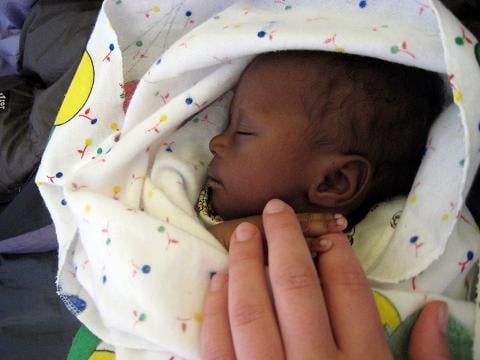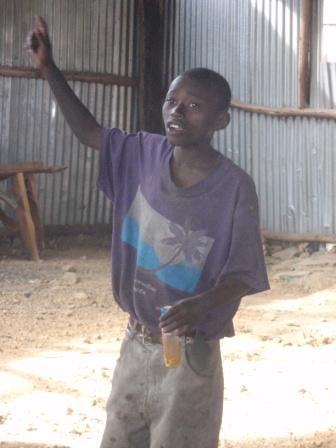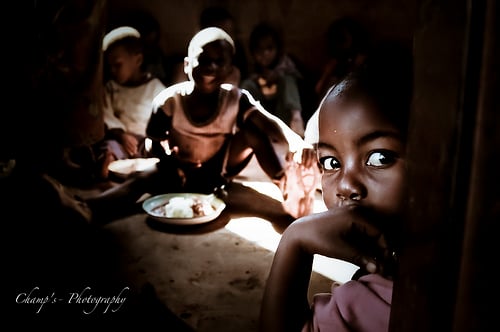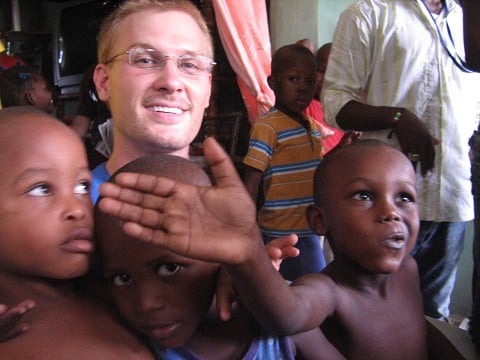Best Practices in Orphan Care
Our Adventures team cares for over 6,000 orphans daily. For a while now, I've wanted to help them do a better job. What if we equipped caregivers to...
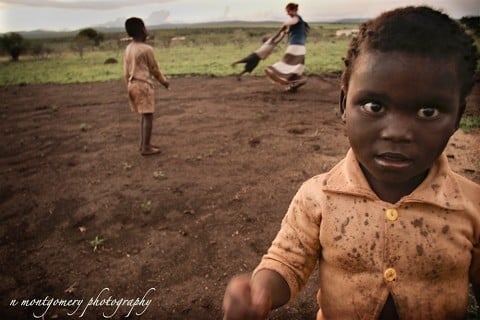

Our Adventures team cares for over 6,000 orphans daily. For a while now, I've wanted to help them do a better job. What if we equipped caregivers to upgrade the quality of care they give?
I had this idea:
If we could train caregivers (maybe racers too?) to conduct an audit or review of the best practices of the orphanages in which they serve, then they could take that information and help those orphanages improve.
I looked high and low, but I couldn't find such an audit. So I drafted the one below. Please let me know what you think of it.
----------------------------------------------------------------------------------------------------
Evaluate each of the following on a scale of 1-5 where 1=Unacceptable and 5=Excellent
Nutrition
______Nutritional quality of food
______Adequate supply of food
______Food tastes good
______Three meals a day
______Clean water
Notes:
Discipline
______Clear rules
______Children understand rules
______Staff trained in basics of discipline
______Standards established
______Balance with love
______No abuse
Notes:
Nurture
______Hugs
______Friendships
______Play-time
______Face-to-face conversation
______Mom and dad figures exist/attachment is critical
______Adequate adult presence
______Children say, “I feel special. I’m loved.”
Notes:
Community
______ Children say, “I belong. My siblings love me.”
______Pervasive sense of close family
______Relationships outside orphanage
______Children play well & play often
______Conversations cultivated
______Community cultivated
______Local church relationship
Notes:
Health Care
______Access to clinics/Limited sickness
______Access to clean toilets
______Access to baths/showers
______Sanitary facilities
______Adequate immunizations
Notes:
Education
______Quality
______Availability
______Cost
______Available for all ages
______Children educated to grade-level
Notes:
Daily personal care
______Potty training
______Daily cleaning - showers& teeth brushed
______Weekly cleaning - lice check & bedbugs
______Hair combed & regular hair cuts
______Learning self-care
______Daily physical fitness
Notes:
Clothing
______Quality
______Adequacy
______Quantity
______School clothes
Notes:
Discipleship
______Prayer
______Bible study
______One-to-one
______Regular worship
______Ministry
______Missions opportunities
Notes:
Environment
______Atmosphere in orphanage
______Claustrophobia factor
______Positivity of staff
______Play areas
______Safety
______Children able to leave premises daily
______Access to nature
Notes:
Funding
______Adequacy
______Regularity
______Cash flow
______Multiple sources
______Transparency
______Accountability
Notes:
Admin
______Staffing
______Accounting books
______Systems
______Structure
______Training
Notes:
Staff
______Maturity of staff
______Screening
______Training
______Ratio of kids/staff
______Staff receive adequate pay
Notes:
Leadership
______Leaders have raised children successfully
______Leaders have a plan
______Accountability
______Experience
______Desire to grow
Notes:
Counseling
______All children receive counseling
______Quality
______Regularity
______Staff receive counseling
______Follow-up for all
Notes:
Aftercare
______All children have a transition plan
______Percentage of children who transition to sustainabililty
______Children are discipled after leaving
______Adequate resources available
______Record-keeping shows progress of each graduate
_____All children have birth certificates on file
Notes:

